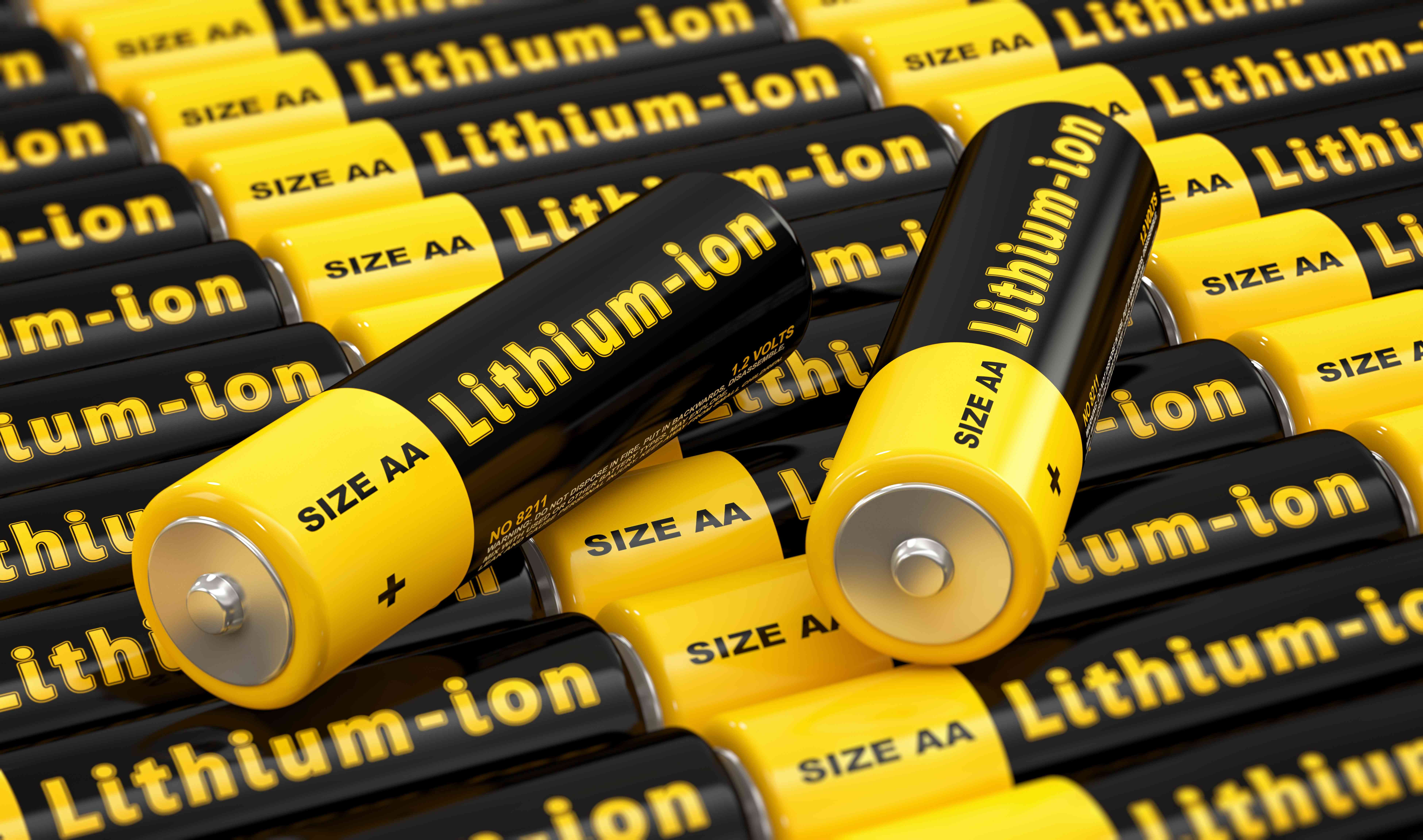
CHINESE ambassador to Zimbabwe Zhou Ding has said Zimbabwe is not yet able to develop battery-grade lithium despite boasting large sums of lithium.
The southern African country holds some of the world's largest reserves of hard rock lithium, a vital mineral in the production of clean energy technologies.
Speaking at a breakfast meeting organised by the Diplomatic Business Network in Harare, Zhou said the country was facing a plethora of challenges that inhibit it to fully harvest benefits from the lithium sector.
“China fully supports the Zimbabwean government’s vision for value addition and low-carbon development through the expansion of the mining industry, particularly in the lithium sector. However, Rome was not built in a day, ” he said.
“Zimbabwe may face some challenges in developing battery-grade lithium in the short term. First, some main raw materials, such as sulphuric acid for making battery-grade lithium is dependent on imports with high costs.”
While Zimbabwe holds some of the world's biggest lithium deposits, the metal has only been mined at Bikita Minerals, producing petalite — a form of lithium used in ceramics, aluminium smelting and glass — since the 1950s.
The envoy added: “Lithium processing is highly energy-intensive, insufficient power supply and high electricity price constrained the production of battery-grade lithium. Third, in the long term, Zimbabwe’s new energy industry may face competition from neighbouring countries, such as South Africa, Zambia. Therefore, further investing in the new energy mining in Zimbabwe needs more in-depth market research and relevant support measures.”
Chinese mining giants Zhejiang Huayou Cobalt, Sinomine Resource Group and Chengxin Lithium Group have over the past year acquired lithium mines and projects worth a combined $678 million in Zimbabwe.
- Zimbabwe deals help China tighten African lithium grip
- Zimbabwe deals help China tighten African lithium grip
- Lithium exports to surpass gold, says Zida chief
- Our investment puts Zim on global map: Chinese firm
Keep Reading
Speaking at the same event, Transport ministry’s chief director Suston Muzenda said the transport industry was struggling due to inadequate accessibility challenges and high operating costs.
He said the government was looking to channel e-mobility to address the transport crisis in the country.
“We cannot ignore the current landscape that characterises our transport sector. High operating costs hinder the competitiveness of Zimbabwean-made products, while inadequate accessibility poses challenges for vulnerable urban and rural communities.
“It is clear that we require a transformative solution and that solution lies in embracing e-mobility — the adoption of electric vehicles and the development of a sustainable transportation ecosystem.”









